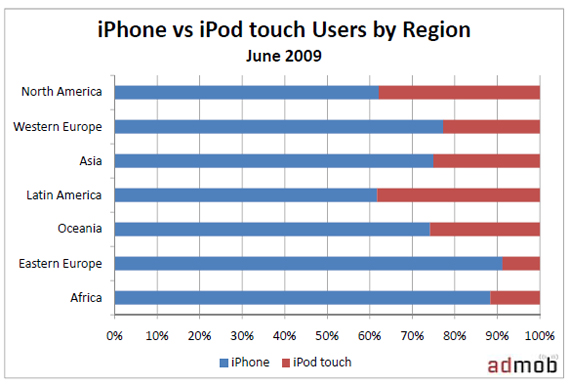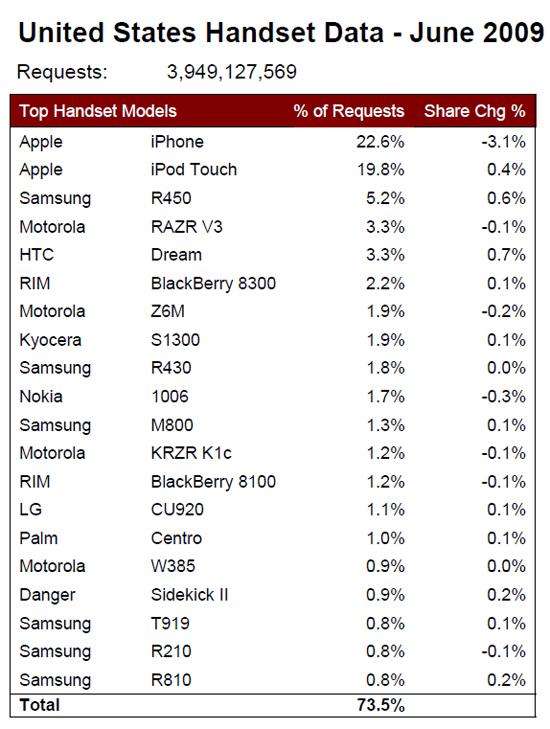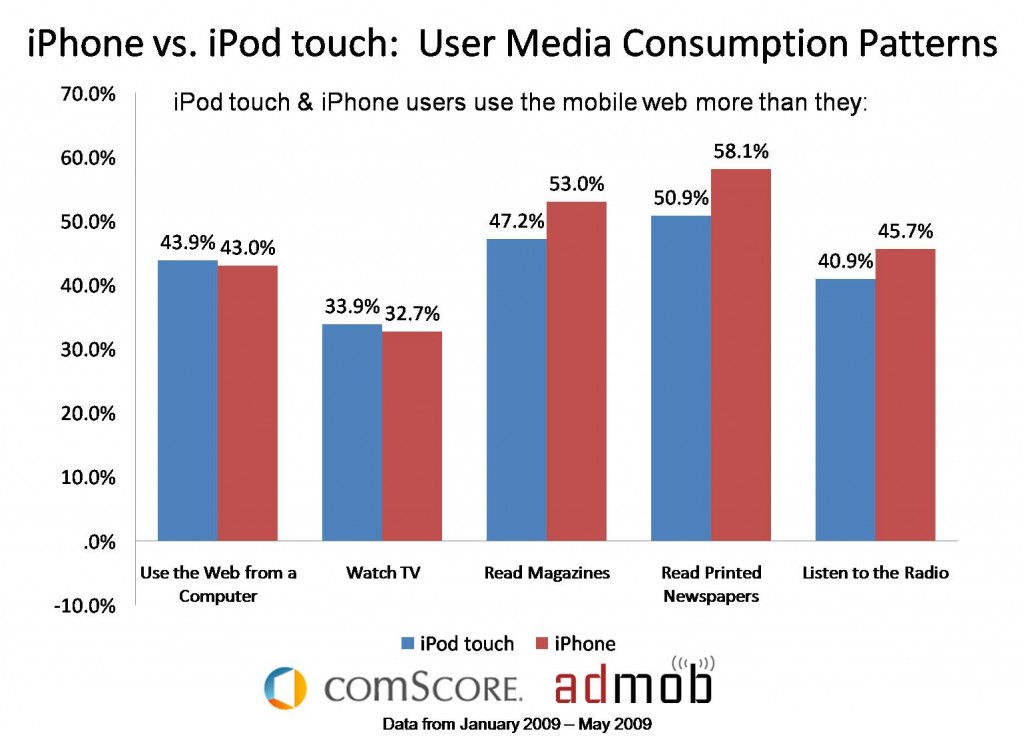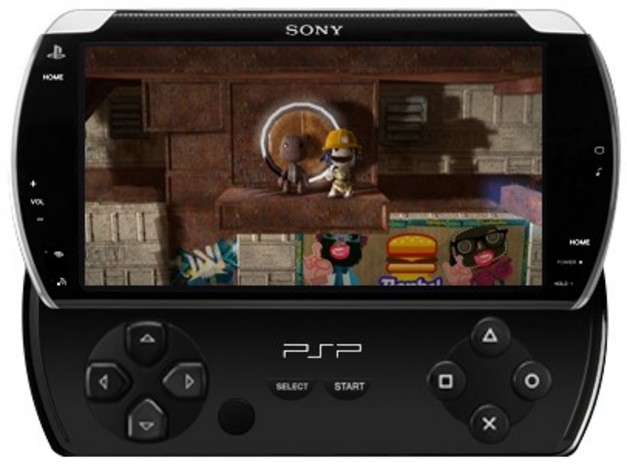Today Apple announced iPhone OS 4 - which ships in the summer for the iPhone and iPod Touch and in the winter for the iPad. Lots of incremental and much needed changes (ie App Folders) but a few significant updates for consumers AND developers:
1. Multitasking. ... and ... 2. Background Tasks (consumers) We have asked for it essentially since Pandora's app launched... you will be able to run background services for: - audio (ie Pandora - a huge winner today) - voip (ie Skype) - location (ie directions, maps)
3. Enhanced Mail (consumers) This is particularly important for iPad users: multiple Exchange accounts, threaded conversation, improved attachments, etc.
4. iAd (developers) We knew this was coming with Apple's recent Quattro acquisition... and it arrived today. Apple will become an ad platform for the app ecosystem: selling and hosting the ads on a 40/60 split (40 to Apple). Ads are fully interactive and done in HTML5 (another big win for HTML5).
Not only is this an opportunity for HTML5 developers and web marketers, it is an opportunity for app developers to reach new users and drive downloads. Powerful.


5. Game Center (developers) Traditionally, mobile apps have not been as 'viral' as Facebook apps... with iAd and Game Center there are new ways for developers to drive adoption. Game Center is Apple's take on Xbox Live: a gallery for players, leaderboards, achievements, etc - effectively a heightened platform to foster game mechanics and drive usage.
More reviews at: Gizmodo / Engadget / TechCrunch / VentureBeat





